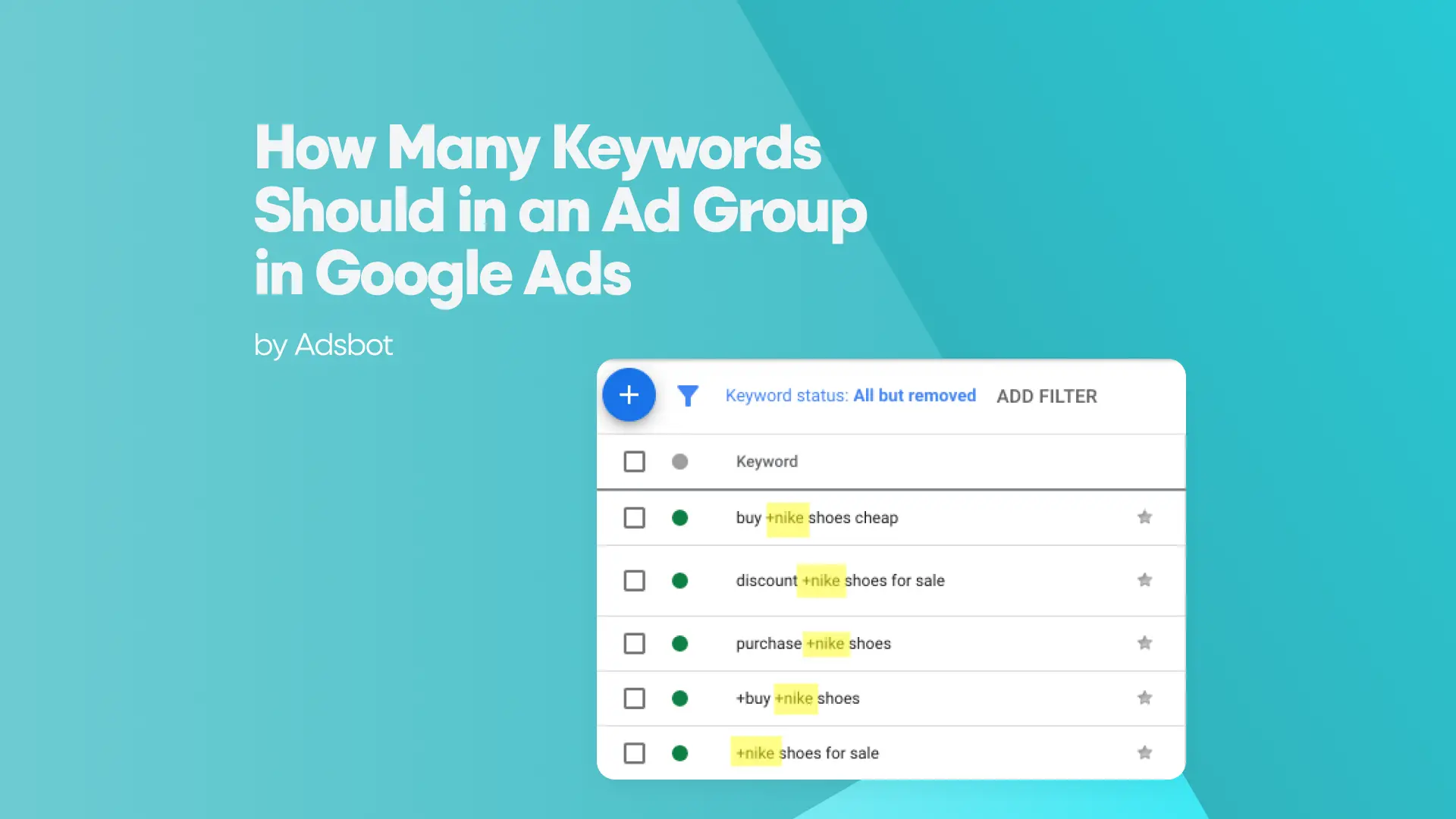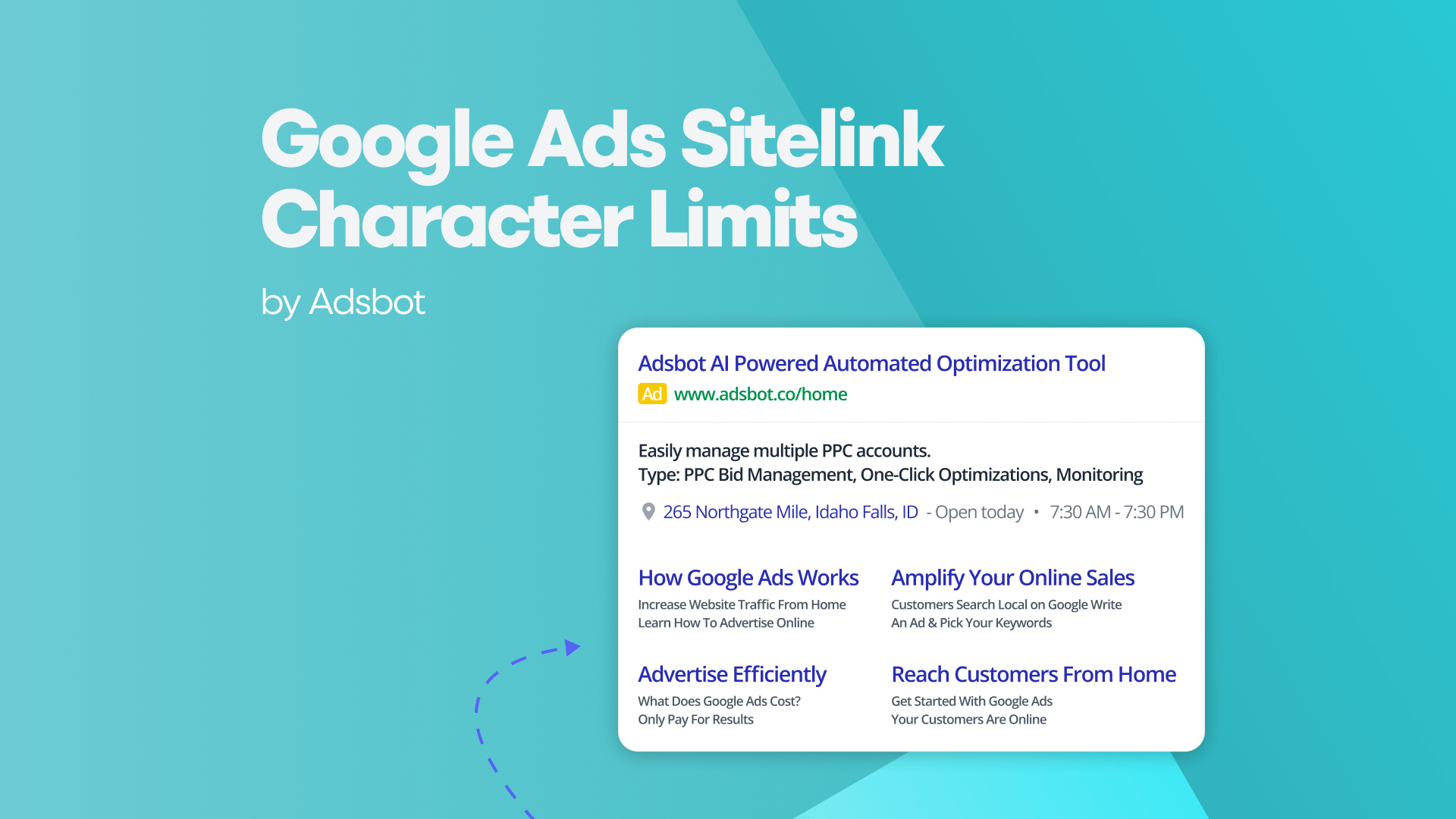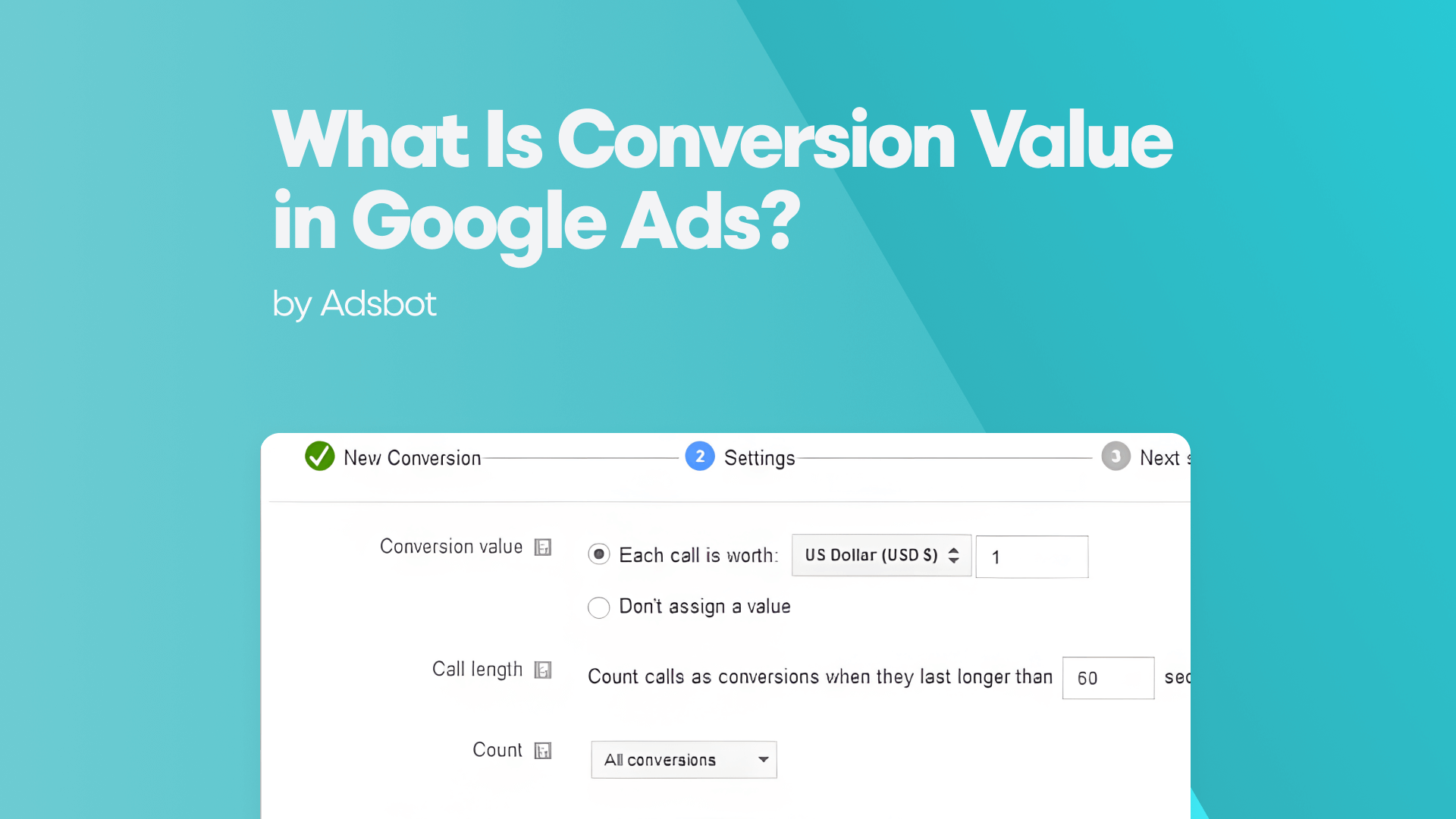It is clear as we wade through the murky waters of Search Engine Marketing (SEM) that this dynamic force is not only a marketing tactic but rather is reshaping the digital environment. Starting with keyword research and ending with instant exposure and quantifiable outcomes, search engine marketing (SEM) is a complex instrument that gives companies the ability to effectively and strategically engage with their target audience. Understanding search engine marketing (SEM) is not just a decision for companies looking to succeed in the ever-changing landscape of online marketing, but it is also a strategic need in a world where engagement and visibility are the keys to success.
We will explore the complexities of this crucial area of search engine optimization (SEO). We will explore the subtleties of low competition keywords, comprehend their importance, and offer a full guide on how to find these undiscovered treasures. Together, we can unlock the mystery of identifying keywords that will not only draw attention to your website but also help it reach new heights.
What Is A Low Competition Keyword?
Let’s deconstruct the idea before we go into the tactics for discovery. Low competition keywords are search terms or phrases that have relatively fewer websites competing for them in search engine results. Low competition keywords provide a less congested field of competitors than high competition keywords, which draw a large number of websites striving for the top spots.
Finding keywords that combine reduced competition with relevance to your content is crucial. This is known as strategic selection. In essence, these are the digital landscape’s undiscovered treasures, just waiting to be discovered by astute marketers and content producers.
Why Are Low Competition Keywords Important?
It is critical to comprehend the significance of low competition keywords while developing a successful SEO plan. These keywords ought to be at the top of your digital weaponry for the following reasons:
- Easier Ranking: Search engine results pages (SERPs) can be ranked more easily for terms with less competition. Less competition increases the likelihood that your content will rank highly and provide inbound links to your website.
- Cost-Effective Advertising: Low competition keywords provide a budget-friendly option for companies using paid advertising. For companies with a tight budget, bidding on these keywords on platforms such as Google Ads is typically more cost-effective.
- Specialist Targeting: Low competition keywords frequently correspond with the preferences of a certain audience or specialist themes. You may customize your content to meet the particular requirements of a specialized audience by focusing on certain keywords, which will increase reader engagement and loyalty.
- Establishing Authority: When your content ranks highly for low-competition keywords, it establishes your authority as an authority on the topic. This helps develop domain authority over time, which is important for overall search engine rankings.
- Long-Term Sustainability: Although highly competitive keywords might produce benefits right away, they frequently face intense rivalry. Conversely, low competition keywords provide a long-term visibility approach that can be sustained. They provide you a starting point for gradually expanding your web visibility without having to compete with others for top spots all the time.
How To Find Low Competition Keywords?
- Understand Your Audience:
Start by researching low competition keywords based on who your target audience is. What concerns, questions, and interests do they have? To collect information on user activity, make use of technologies such as social media insights and Google Analytics. This knowledge serves as the cornerstone for choosing keywords that appeal to your target market.
- Use Google’s Keyword Planner:
This tool is a gold mine for finding keywords. The tool offers insights into search traffic, competitiveness, and similar keywords when you enter relevant themes or seed phrases. For best results, concentrate on keywords with moderate to low competition.
- Examine Long-Tail Keywords:
These keywords often have less competition since they are longer and contain more specialized phrases. They are useful for firms looking for highly focused visitors since they respond to specialty searches. Use resources like Ahrefs or SEMrush to find long-tail keywords that are pertinent to your area.
- Spy on Competitors:
Your rivals could serve as a source of motivation. Determine the keywords they are aiming for by analyzing their content. You can find out the keywords your rivals are ranking for with tools like Ahrefs and SpyFu. Seek out possibilities with little to no competition.
- Utilize Google Autocomplete and Related Searches:
These are useful hints about the purpose of the user. When you start entering a term into Google, Autocomplete will recommend other words. Look through the “Related Searches” list located at the bottom of the page with search results. These might reveal low competition keywords that match what users are searching for.
- Check out Industry Forums and Q&A Websites:
Real user questions may be found in abundance on forums such as Quora, Reddit, or industry-specific platforms. Examine forums related to your area of expertise and note the terminology people use. Potential low competition keywords to target may be found in the questions and phrases that appear.
- Leverage Trend Analysis Tools:
Trends are Important for Keyword Popularity. Google Trends and other similar tools show the evolution of search interest for certain phrases. Look for keywords that have steady or increasing interest as they might offer possibilities with moderate competition.
- Review and Update Frequently:
Keyword trends change and the digital world is ever-changing. Review and revise your keyword approach on a regular basis. You may get information about how well your current keywords are doing by using tools like Google Search Console. As your content develops, see areas for improvement and find new, low-competition keywords.
As we get to the end of this thorough tutorial on locating low competition keywords, it’s important to understand that keyword research is a continuous effort rather than a one-time event. The competitive environment, trends, and user habits are ever-changing in the dynamic digital realm. You may become an expert at finding low competition keywords by getting to know your audience, using effective tools, and remaining aware of market trends.
These keywords aren’t just gateways to better search engine rankings; they are strategic assets that can elevate your online presence, attract targeted traffic, and set you apart in the competitive digital arena. Understanding concepts like the ad rank formula can further enhance your strategy, ensuring that your ads are positioned effectively. In the symphony of SEO, low competition keywords become the harmonious notes that resonate with both search engines and your audience, creating a melody of sustained success in the ever-evolving world of digital marketing.
Popular Posts
-
How Many Keywords Should Be In an Ad Group in Google Ads?
Ever wondered if your Google Ads campaigns are packed with…
Read more -
Google Ads Script for Dummies: An Introduction
Imagine you have an e-commerce website that sells licensed superhero…
Read more -
Google Ads Sitelink Character Limits
Your Google Ads are cutting off in the middle of…
Read more -
What Is Conversion Value in Google Ads?
What if you could put a price tag on every…
Read more
Register for our Free 14-day Trial now!
No credit card required, cancel anytime.





